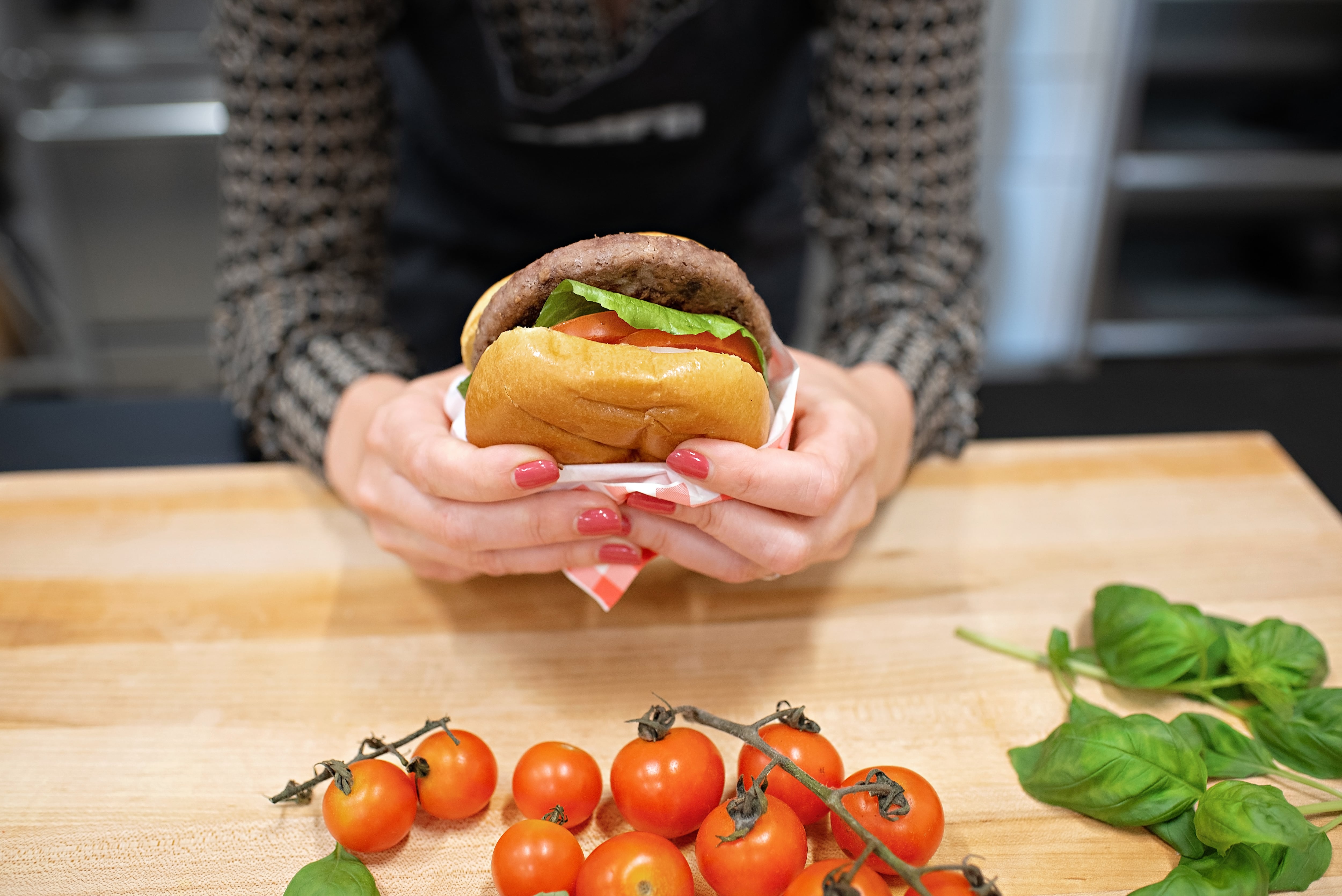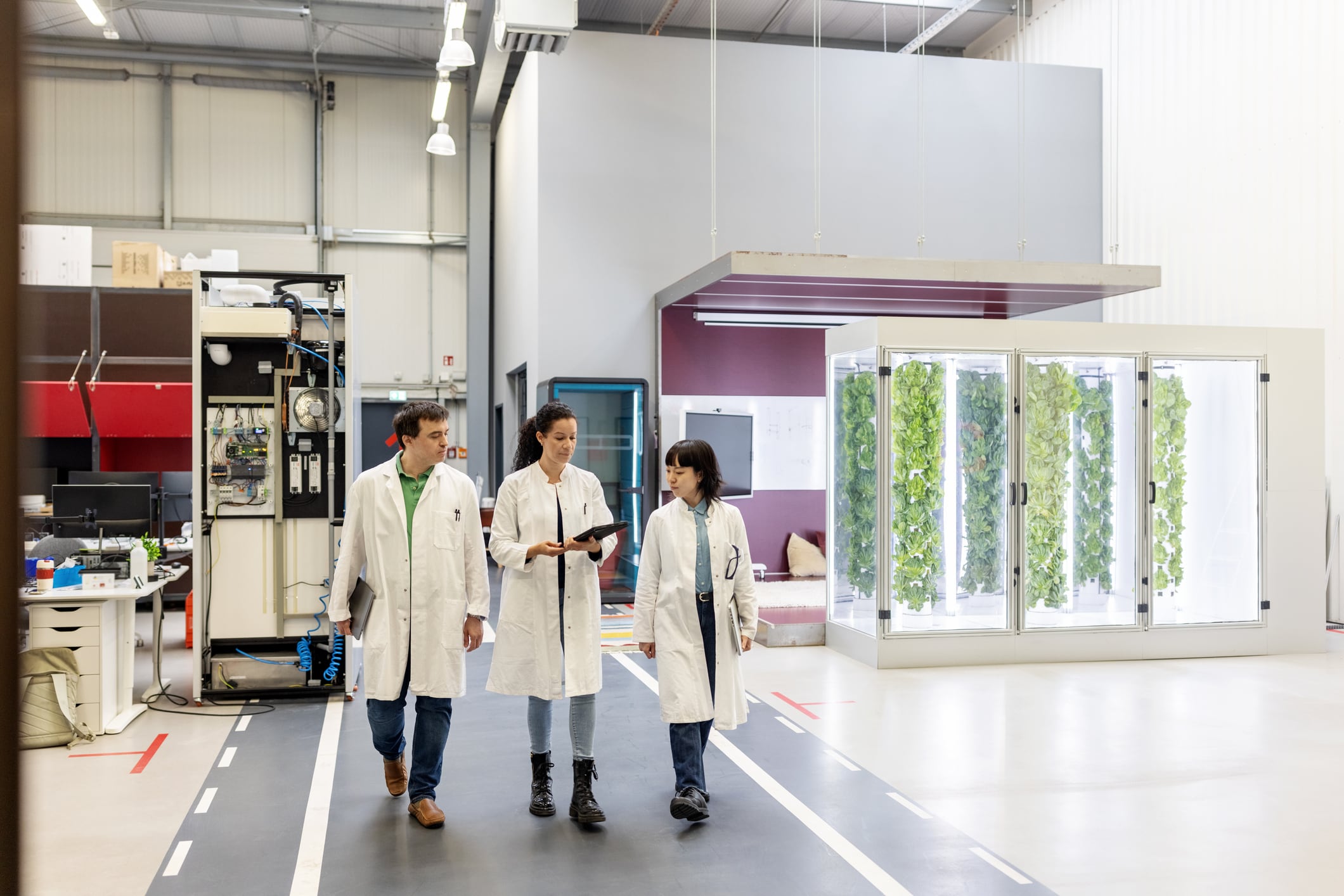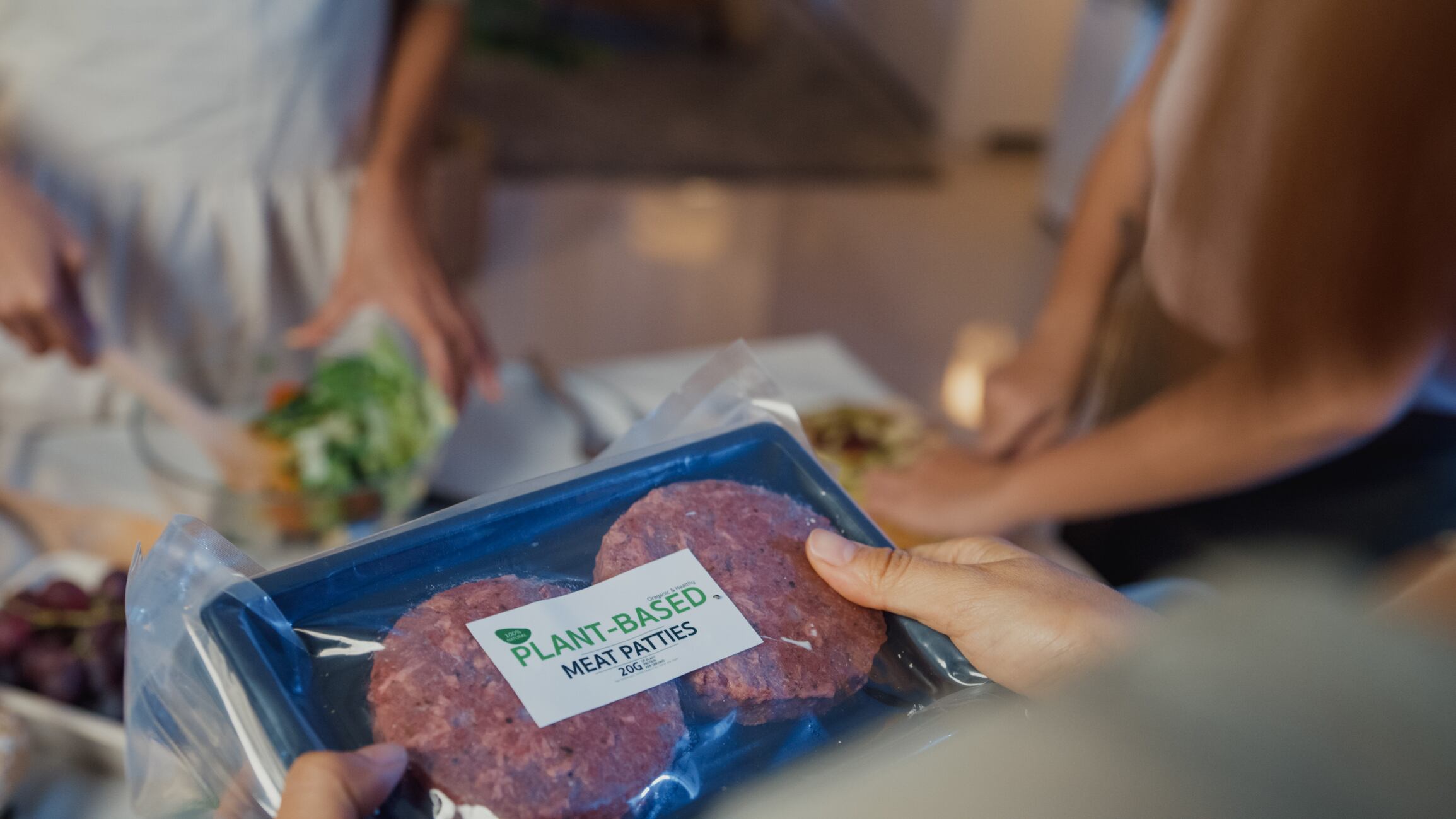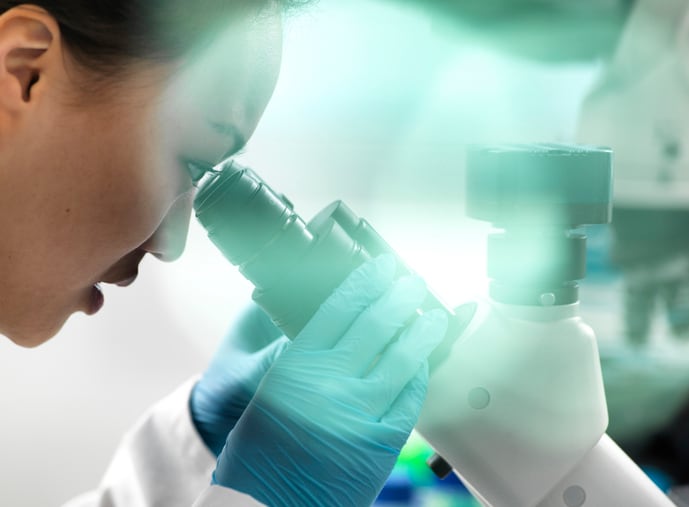The GFI is partnering with Tufts University Center for Cellular Agriculture (TUCCA) to make these available for public use, enabling the field to leapfrog years of R&D.
This purchase by the GFI of specific bovine cell lines and serum-free media, is projected to save the field millions of dollars and years of cell line development time, accelerating R&D and removing major barriers to entry for start-ups.
This also marks the first time suspension-adapted bovine cell lines will be available for cultivated meat researchers around the world, GFI said.
GFI and Tufts said it would first make the cell lines available to academic researchers as the organisations work to enable industry access.
The purchase follows SCiFi’s decision last June to cease operations with these assets being auctioned.
GFI ultimately decided to place a bid for multiple bovine cell lines along with the required serum-free growth media.
In late August 2024, that bid was accepted, and by mid-September, the cells and media were successfully transferred to TUCCA for storage and eventual distribution.
Dr. Amanda Hildebrand, GFI’s vice president of science and technology said: “By making these cell lines and media broadly accessible to the cultivated meat ecosystem, researchers and companies have a new starting line – one that’s now closer to the finish line of bringing new products to market."
Hildebrand added: “SCiFi’s pioneering work is like a baton in a relay. Given our role in the field, GFI was able to ensure that baton didn’t drop, and through our partnership with Tufts, copies of that same baton will be handed off to scientists and start-ups around the world, enabling more people to join the race.
“Talk about a win-win-win: This type of open-access jump-start invites more people to the field, gives everyone a better starting position, and ultimately can produce more winners—companies that get more products to consumer plates, and consumers who have more choices for foods they love.”




